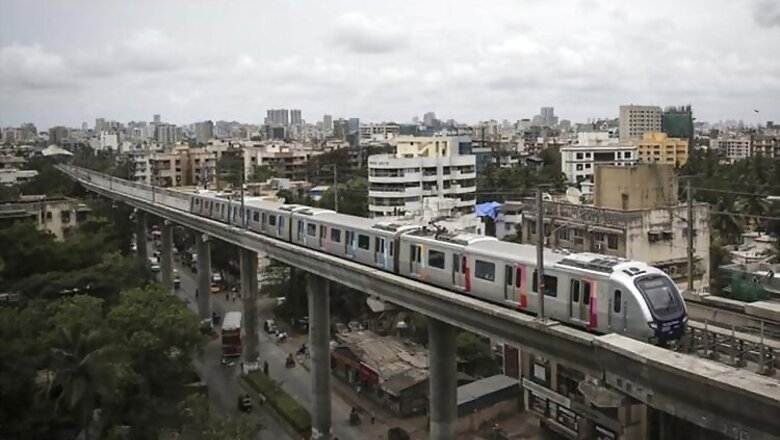
views
City mayors from around the world have gathered in Paris at the Conference of Parties (COP21) to discuss green solutions, with many pledging to pursue a suite of sustainability initiatives to tackle climate change. Some of these discussions hold valuable lessons for smart Indian cities of the future.
Today, unchecked and growing resource consumption and waste generation in Indian cities are commensurate with the populations they sustain. As economic growth triggers greater urbanisation, the cities of tomorrow need to break away from this traditional paradigm. New urban development models under the Smart City Mission are one such step. However, smart cities will have to be shaped through clear policy choices. We present three such choices.
First, develop system-wide thinking. This means adopting a holistic approach to understanding urban issues. The smart city narrative has been lopsided with a focus on technology and infrastructure. One example is waste management where waste treatment or waste-to-energy plants are still perceived by policymakers as the sole solution. The deep-rooted problems of unsustainable behavioural patterns; mixed waste, land degradation and urban poverty are missing from the debate. There is a need to emphasise employment, skill development, environment protection, social justice, personal safety, equity and other social dimensions, which have weaker voice. The systems approach can be a tool assimilate these perspectives.
Second, integrate top-down and bottom-up approaches for urban planning. Traditional planning approaches have been top-down and often fail to include citizens’ perspectives. Competing goals of social, economic and environmental benefits need to be evaluated in local context. Citizen participation, combined with planning helps induce transparency, create ownership and promote sustainable behaviours.
Third, create digitally and socially networked cities. Cities, like people, can coordinate to learn from one another to address common problems. Cooperation would be a prerequisite for strengthening citywide networks for different services. Cities could understand the way technology and society adapt and how they constantly shape the evolving dynamics of human interaction with their immediate environment. The efficiencies of such a network will create new opportunities for coordinated action across departments and between levels of government.
India’s smart cities cannot be those we see in Europe or North America today. They have the potential to be truly transformational. For this, we need to imagine them differently. Cities are not inherently smart, but our choices can make them so.
(Mohit Sharma and Hem H Dholakia are researchers at the Council on Energy, Environment and Water, one of India’s leading climate and energy think-tanks)




















Comments
0 comment